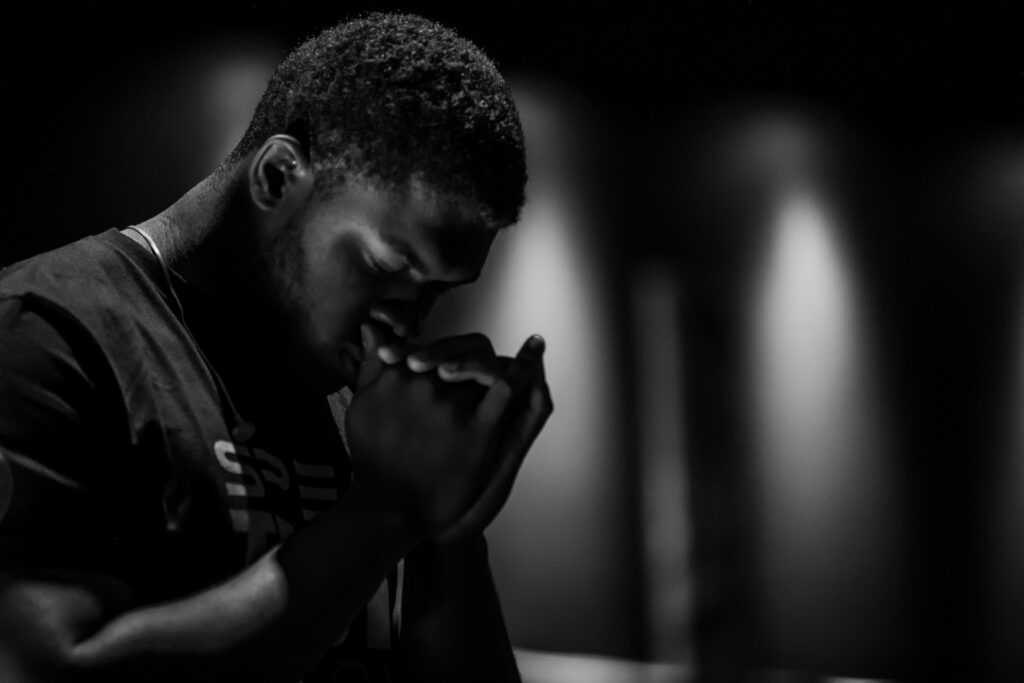Your goal as a cantor is to encourage other people to sing. Ministry can be tiring and often you are concentrating on the next piece of music rather than on the liturgy itself. Making time to be a reflective cantor is important, for your own spiritual development and also the growth of the assembly of which you are a part.
Your spiritual preparation is important, as a minister of music. Remember you are having an encounter with God when you sing the psalm. Ponder the readings beforehand. Allow yourself a few minutes before the start of a service for silent prayer and preparation, leave the church if you need to.

Build relationships with people in the parish; not just the clergy, other musicians and the parish secretary, but members of the assembly too. You are serving them all. This will help you to…
Know your congregation, so you will come to learn how to get your congregation to sing, how confident they are in picking up new music, how best to introduce new music to them, how much animation and gesture they need to start singing.
Don’t turn up on Sunday unrehearsed. Make time to practice, either alone or with your musicians.
It is rare for church musicians to get personal development opportunities, so develop yourself by learning new repertoire, including in styles that are outside your comfort zone. Develop yourself pastorally, get to know the scriptures and the liturgy. Your local area or diocese may have study or pastoral development courses or similar opportunities for ministers. If there are sessions for readers, invite yourself along! You proclaim the word too. Join associations such as the Society of St Gregory, National Network of Pastoral Musicians or The Royal School of Church Music.
Get to know the liturgy and the scriptures. Know why we do the things we do and sing the things we sing. See Singing the Mass for the musical priorities and Celebrating the Mass (a well-written guide based on the General Instruction of the Roman Missal and other documents) for an explanation of the Mass.
Be open to constructive critique and coaching. Not everybody will love your style, of course, but be aware that your task as cantor is to help the assembly find their own voice. If they are telling you that your cantoring doesn’t help their singing and praying, think about what is preventing that from happening and…
Try something new. Failure is OK! You’re not here to give a performance but to worship God. Be incremental and flexible.
Ministry can be tiring. Every so often, take time off to sit in the body of the congregation, to participate in the Mass in a reflective way. It can be tempting to go to a Mass with music and end up subconsciously reviewing and criticising it, so maybe find a service with no music.

Further reading
An examination of conscience for pastoral musicians
This is part of a series of posts summarising a workshop given at the Society of St Gregory Summer School 2014. Although this topic is specifically aimed at cantors, it is relevant to musical directors and other musicians too.
